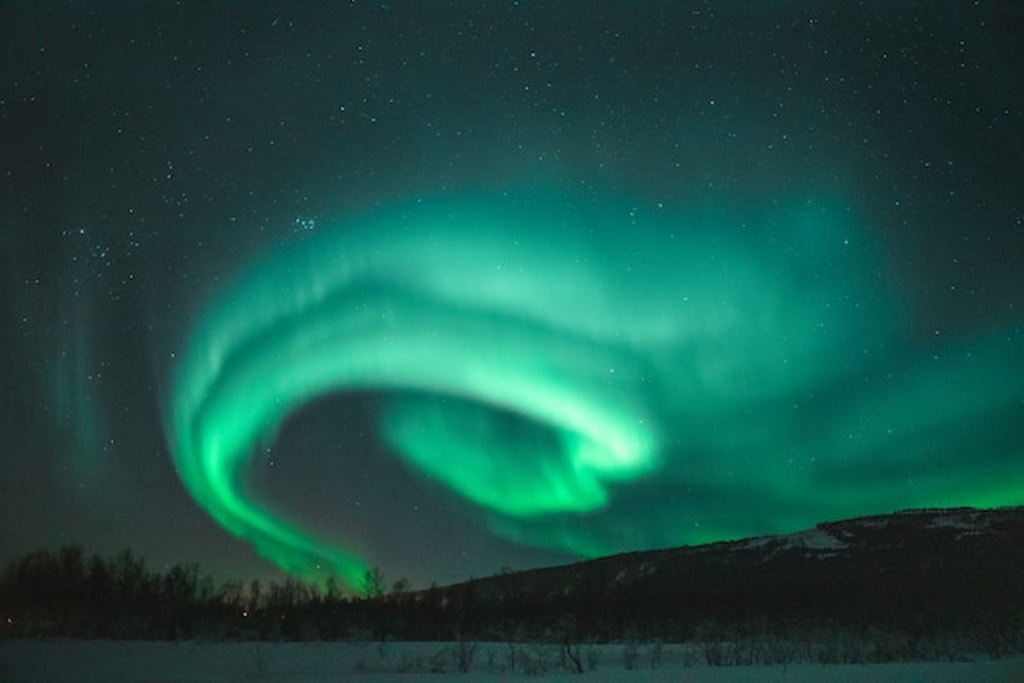What is the composition of the Earth's atmosphere and how has it changed over time?
Our atmosphere

The Earth's atmosphere is a thin layer of gases that surrounds our planet and plays a vital role in supporting life as we know it. The composition of the Earth's atmosphere has undergone significant changes over the course of its history, with fluctuations in the concentrations of different gases contributing to everything from the evolution of living organisms to the formation of geological features.
The Earth's atmosphere is composed primarily of nitrogen (78%) and oxygen (21%), with trace amounts of other gases including carbon dioxide, neon, and helium. These gases are held in place by the Earth's gravity, which prevents them from escaping into space.
One of the most significant changes in the Earth's atmosphere over time has been the increase in the concentration of carbon dioxide (CO2), a greenhouse gas that is released through natural processes such as volcanic activity and the decay of organic matter. However, human activities such as burning fossil fuels and deforestation have contributed to a dramatic increase in atmospheric CO2 concentrations since the Industrial Revolution.
This increase in CO2 concentrations has had a significant impact on the Earth's climate, contributing to a phenomenon known as global warming. As CO2 concentrations increase, more of the Sun's heat is trapped within the Earth's atmosphere, leading to rising temperatures and other climate-related changes such as more frequent and intense heatwaves, droughts, and extreme weather events.
Another significant change in the Earth's atmosphere over time has been the gradual decrease in the concentration of oxygen (O2) over the course of Earth's history. Scientists believe that the early Earth's atmosphere was composed primarily of methane, ammonia, and water vapor, with little to no oxygen present. However, over time, photosynthetic organisms such as cyanobacteria and algae evolved, producing oxygen as a byproduct of their metabolic processes.
This increase in atmospheric oxygen had a profound impact on the evolution of life on Earth, as it enabled the development of complex, multicellular organisms such as plants and animals. However, the concentration of atmospheric oxygen has fluctuated over time, with periods of high oxygen levels being followed by periods of lower concentrations.
In addition to changes in the concentrations of gases within the Earth's atmosphere, there have also been fluctuations in the overall density of the atmosphere over time. During the early history of the Earth, the atmosphere was much denser than it is today, with atmospheric pressure being several times higher than it is now.
Over time, the Earth's atmosphere has gradually thinned, due in part to processes such as volcanic activity, which have released gases into the atmosphere and contributed to the formation of the ozone layer. The ozone layer plays a vital role in protecting the Earth from harmful ultraviolet radiation, which can damage DNA and other biological molecules.
In conclusion, the Earth's atmosphere is a complex system that has undergone significant changes over the course of its history. Changes in the concentrations of gases such as carbon dioxide and oxygen have had far-reaching effects on the evolution of life on Earth and on the Earth's climate, while fluctuations in atmospheric density have played a role in the formation of geological features and the protection of life from harmful radiation.
As we continue to study the Earth's atmosphere and its history, it is clear that our actions as a species have the potential to significantly impact this delicate system. By working to reduce our greenhouse gas emissions and protect the health of our planet, we can help to ensure that the Earth's atmosphere remains a hospitable environment for life for generations to come.





Comments
There are no comments for this story
Be the first to respond and start the conversation.